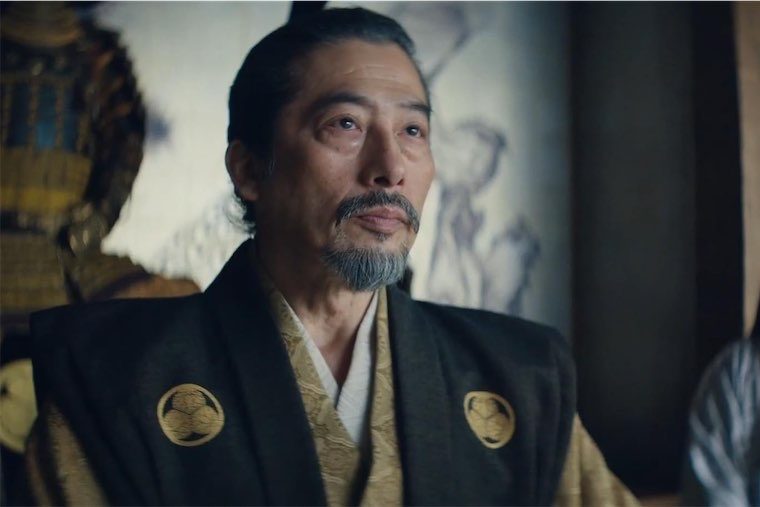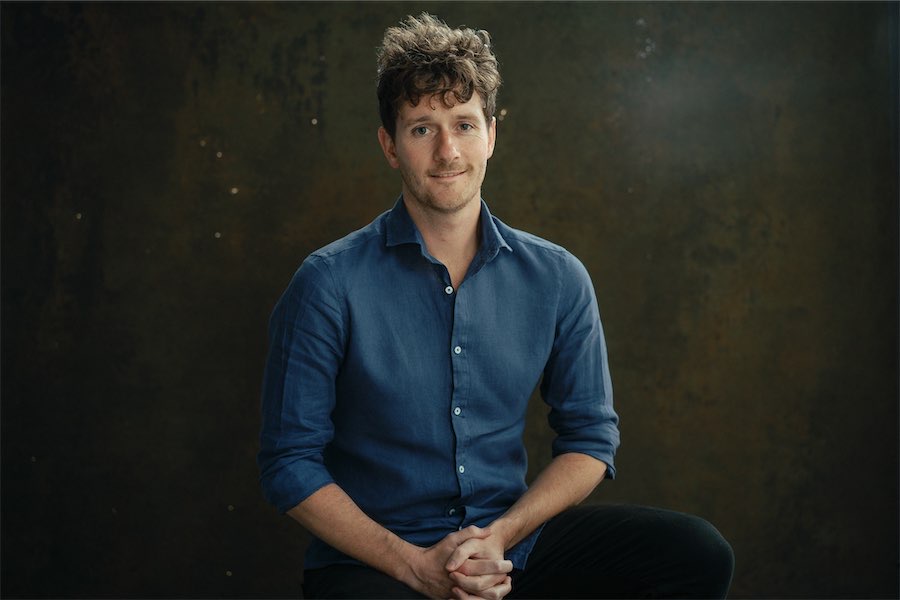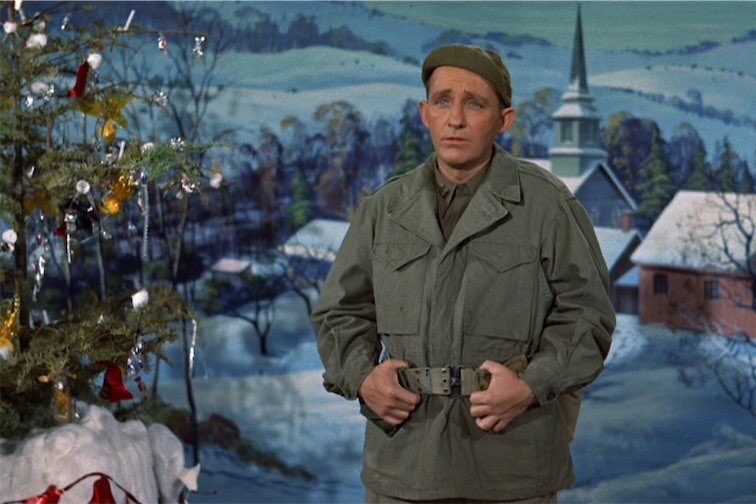
“There’s nothing worse than watching a film at the cinema, realising you need the bathroom and then awkwardly trying to pick a moment to duck out,” writes “Streaming” (sic) columnist NICK OVERALL.
WHEN Martin Scorsese’s masterpiece “The Irishman” hit Netflix a few years ago it took me three separate sittings to get through.

Call it my Tik Tok attention span talking, but these days I’d wager most people would struggle to sit through three and a half hours of a film without wanting to take some form of a break.
Now the famed director has outdone himself with his most recent crime western “Killers of the Flower Moon”, which clocks in at an absolute bladder-testing 206 minutes.
It’s so long that some cinemas around the world have created a 15-minute “toilet break” interval, a move which has caught the ire of the film’s editor Thelma Schoonmaker, who called it a “violation” in an interview with “The Standard”.
“I understand that somebody’s running it with an intermission, which is not right,” she said.
There are rumours the film’s distributor is contacting cinema companies who are dropping in an intermission and enforcing them to screen it as intended, without the break.
As a film buff and Scorsese fanatic, my excitement is through the roof for “Killers of the Flower Moon”, but for the very first time I’ve decided I’d rather wait for it to come to streaming than go to the movies to see it.
The film’s distributor has cut a deal with Apple TV Plus, meaning it will eventually make its way to the platform some time next year, on which I – and I’m sure many others – will watch from the comfort of our own homes and be able to take a break whenever we so choose.
Don’t get me wrong, I’m not against long run times, but being able to take that break, even if it’s just for a few minutes, often makes the experience an overall better one.
There’s nothing worse than watching a film at the cinema, realising you need the bathroom and then awkwardly trying to pick a moment to duck out. That ever frustrating limbo of trying to pinpoint a dip in the film’s tension.
Is now the time to leave? Now? What about now? Okay, I’ll go now, only to rush back in two minutes later to find the main character dead as a doornail.
It’s not a rare experience.
Recently more and more websites and apps have been popping up dedicated to informing people when is the best time to take a break during a particularly long film in order to protect the storytelling. If you don’t believe me, try googling “RunPee”.
There’s no way you can tell me this is the “intended experience” the film makers are looking for.
Scorsesse’s new movie isn’t the only one making headlines about its runtime at the moment.
Ridley Scott’s war epic “Napoleon”, which stars Joaquin Phoenix as the eponymous Emperor, is also currently screening in cinemas before it, too, eventually makes its way to Apple TV Plus.
Scott has been restrained into bringing the cinematic cut down to two and a half hours, but recently revealed an extended cut will run for more than four hours and will eventually be brought to Apple TV Plus.
I can’t wait to see “Napoleon” in all its bombastic brilliance at the cinema. If early reviews are anything to go by, it sounds like the four-hour cut will be well worth the time as well.
Streaming might just offer a solution to this rather frustrating problem with more and more directors using it as a means to realise their big cinematic ambitions.
From Zack Snyder’s four-hour cut of “Justice League” on Binge to Peter Jackson’s epic eight-hour Beatles doco “Get Back” on Disney Plus, the industry is evolving to give people more choice in how they watch their films.
If cinemas want to keep people coming through the doors they need to keep up.
Who can be trusted?
In a world of spin and confusion, there’s never been a more important time to support independent journalism in Canberra.
If you trust our work online and want to enforce the power of independent voices, I invite you to make a small contribution.
Every dollar of support is invested back into our journalism to help keep citynews.com.au strong and free.
Thank you,
Ian Meikle, editor




Leave a Reply